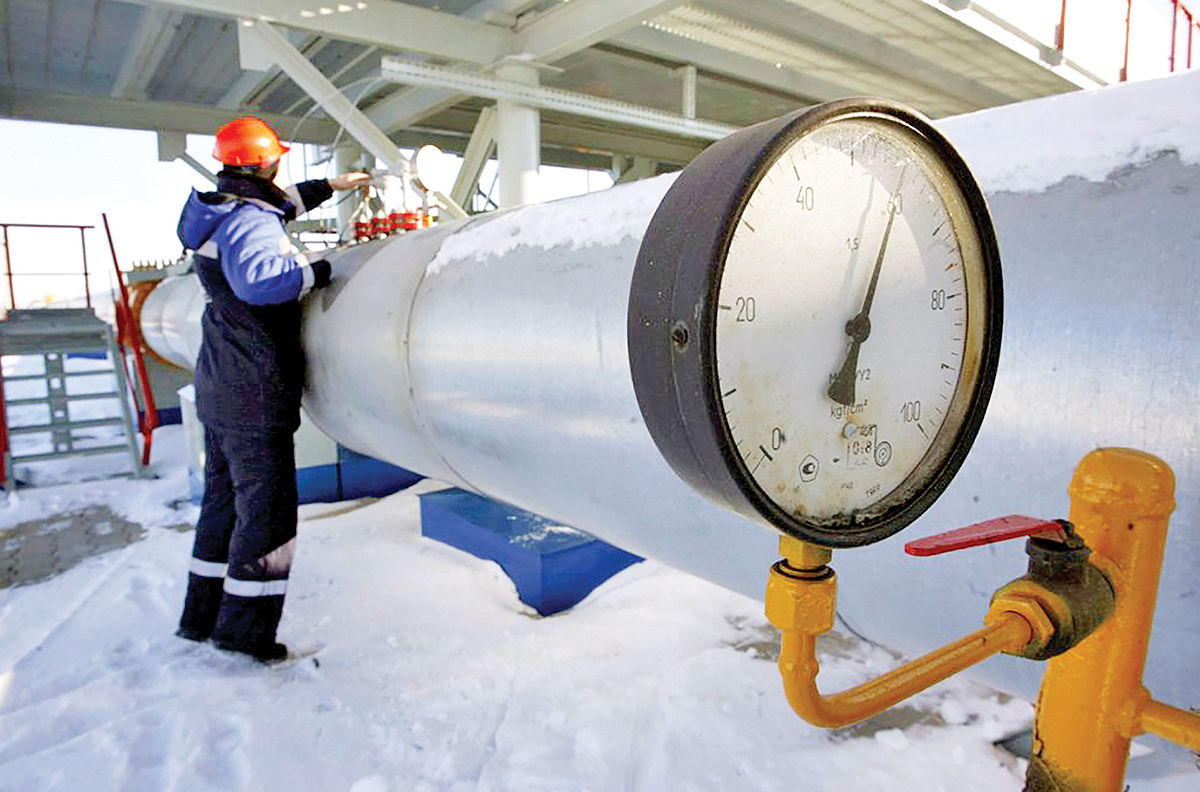According to a report by the International Energy Agency, the European Union reduced gas consumption by 13% in 2022 to reduce dependence on Russia, becoming close to the 15% reduction goal. According to the international organization, behavioral changes have been so profound that they may herald a new era in energy consumption.
Germany, Italy, and other gas-dependent European countries emerged from dependence on Russia without significant power shortages, and the long-standing structure of global energy markets was irreversibly altered.
However, energy experts believe that Europe has never been so exposed to price shocks in the world market. Market supplies are still limited, and many potential disruptions exist in a highly interconnected global market. From this point of view, the energy crisis in Europe is not over yet. Besides, European industries are worried that government intervention in energy supply will weaken the market performance.
European governments are concerned that high energy prices will force industries to migrate from this continent and intensify deindustrialization. In this regard, Europe is trying to balance the market by taking advantage of new sources of liquefied natural gas in the US and Qatar, speeding up the use of renewable energy, and launching a new generation of nuclear power plants.
The European Union is expected to still have to buy about 22 billion cubic meters from Russia this year. This figure equals 11% of the total pipeline gas in that block in 2022. Much of it comes through Ukraine, and given that the current Russia-Ukraine transit agreement is unlikely to be renewed after it expires in 2024, this supply route is at risk.
Now, the prices in the European gas market are so vulnerable to shocks that the news of a strike by workers in a gas project in Australia caused the price in the European market to increase by more than 40% in one day. However, Australia has rarely supplied gas to Europe. Also, when the Norwegian gas pipeline needed repairs due to increased overload, the gas price in Europe sharply increased.
2015 Europe’s liquefied natural gas import from the US was zero. Still, last year, this continent imported nearly 64 billion cubic meters of LNG gas from the US, which, this level of dependence on the US for gas supply, is worrying for Europe.
In the past months, European countries made great efforts to reduce the amount of gas and gasoline consumed by households by adopting policies. The British government has stopped supporting household energy bills before it can finalize its plan to increase domestic energy production. With this situation, British households behind in paying their energy bills owe 2.25 billion pounds, which has increased by more than 70% in the past three years.
In the past, Britain imported only 2% of its gas consumption from Russia. The country has focused its gas supply routes on imports through the Norwegian pipeline and extensive imports of liquefied natural gas. Last year, England registered a record import of 25.6 billion cubic meters of liquefied natural gas, almost 45% of the country’s total gas demand.
British gas storage facilities are among the smallest facilities in Europe compared to gas consumption in that country, so the country is still exposed to the high impact of price shocks in the global gas market.
Before the Ukraine war, Germany used to get half of its gas through the pipeline from Russia. Still, after announcing the need to reduce gas consumption by 20%, it paid more attention to energy efficiency than other EU countries. That country used almost 15% less natural gas last year, and of course, the relatively mild winter was also influential.
Germany has also included in its agenda the increase of gas imports from the Netherlands and Norway pipeline and the development of three new terminals for importing liquefied natural gas. The gas buyers of that country are looking to sign contracts to import liquefied natural gas from the United States, Qatar, and the UAE.
Before the war, France supplied only 17% of its gas from Russia, which made it less dependent on Russia than some of its European neighbors. That country relies much less on gas due to nuclear power plants. However, the imposition of sanctions against Russia caused Paris to face severe problems in supplying fuel to its nuclear power plants last year. This issue has increased the possibility of a winter shutdown in the coming winter.
In this situation, the French government took measures to reduce energy consumption in the country to save 10% by 2024 and 40% by 2030 compared to 2019.
Although Spain is not as dependent on Russian energy sources as some EU countries due to a series of gas import terminals, it has taken measures to ensure its winter energy supply. It has been able to reduce its gas demand by 21% between August 2022 and March this year. Poland and Bulgaria became the first EU countries to cut gas imports from Russia last April when the Kremlin announced that payments for gas must be made in rubles. At that time, almost half of Poland’s gas was imported from Siberia through the Yamal–Europe natural gas pipeline. But unlike Germany, which relies on gas to generate about 15% of its electricity, Poland produces most of its energy from coal. Accelerating its imports through LNG terminals, the country finalized a 20-year contract with the United States in early 2023 to import one million tons of liquefied natural gas annually.
Overall, the increasing reliance of European countries on liquefied natural gas has made them vulnerable to market fluctuations, especially since 70% of such imports are purchased through short-term contracts instead of using the long-term contracts of the prevailing oil index in Asia. Although Europe has achieved a geo-economic victory, Europe’s energy problems will not be fully resolved until late 2024 or early 2025, and it will be heavily reliant on liquefied natural gas imports for years.










0 Comments